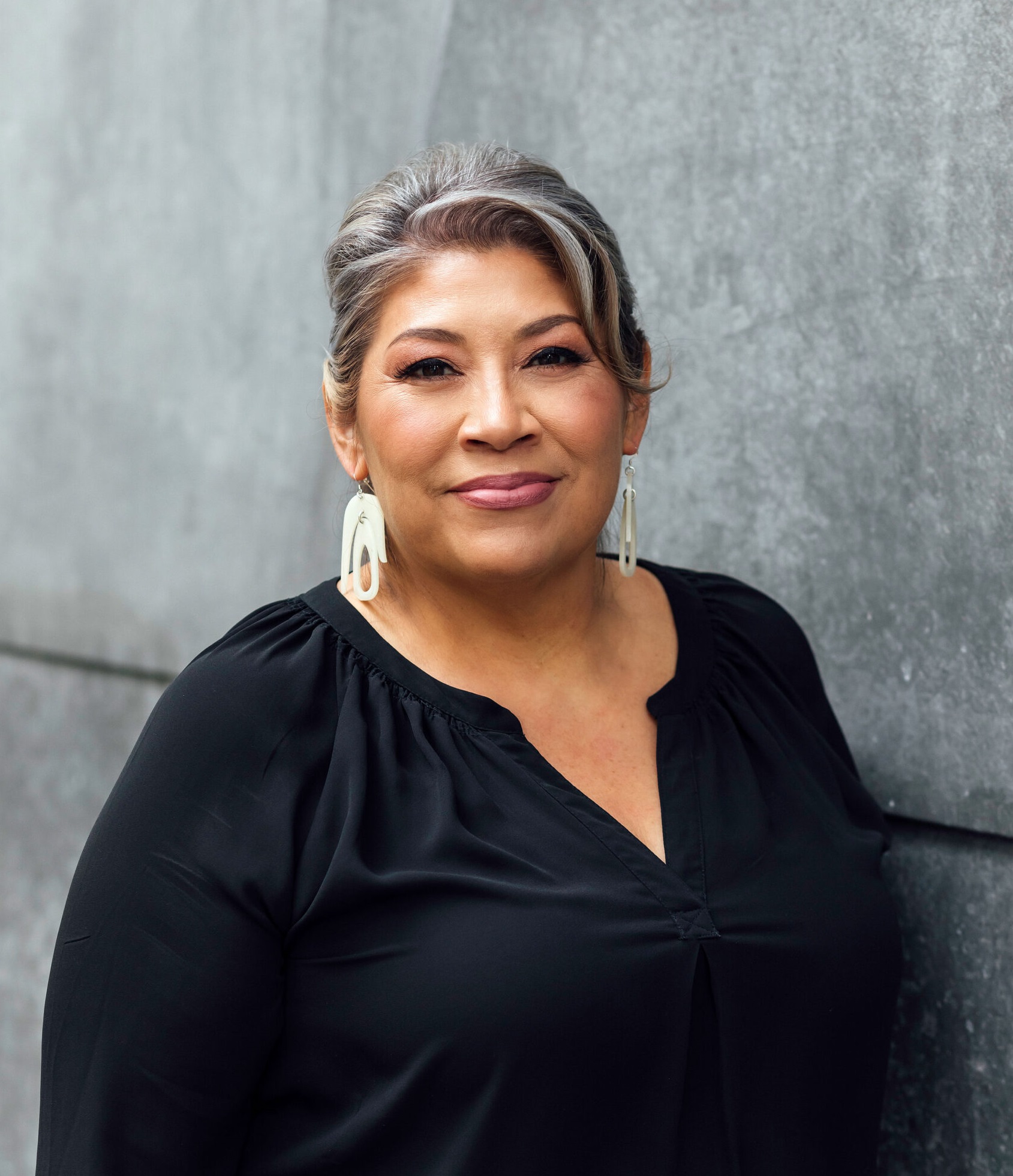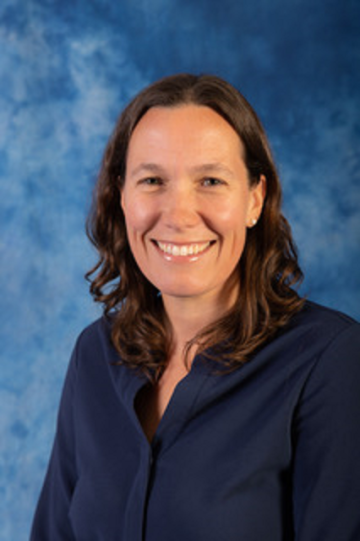Kim TallBear (she/her)


About me
I was born/grew up in: Flandreau Santee Sioux Tribe reservation is where I grew up, but I enrolled in the Sisseton-Wahpeton Oyate, another Dakota tribe in South Dakota. I went to St. Paul, MN for high school.
I now live in: Edmonton, Alberta
I completed my training/education at:
B.A. in Community Planning, University of Massachusetts at Boston.
MCP (Environmental Policy & Planning), Department of Urban Studies and Planning, Massachusetts Institute of Technology
Ph.D., History of Consciousness, University of California at Santa Cruz
What I do at work
I am a professor in the Faculty of Native Studies, University of Alberta. I am also the Canada Research Chair in Indigenous Peoples, Technoscience, and Society. Part of my time is spent teaching. I teach undergraduate and graduate courses in the faculty. I mentor young scientists and help them see beyond the, sometimes, narrow views of western science. I founded the Canadian branch of the Summer Internship for Indigenous people in Genomics (SING Canada). This is a week-long intensive workshop that helps build Indigenous capacity and scientific literacy in the participants. We study the basics of genomics, bioinformatics, and Indigenous and decolonial bioethics.
The rest of my time is spent reading, writing, and doing research. A large part of this is spent writing proposals to funders for grants to do research. I design projects and carry out research along with my staff. I write papers for publication and presenting at conferences. I spend a lot of time traveling to meet and work with other researchers. Most of my research is on Indigenous sovereignty, and how genome science may affect Indigenous autonomy. I also study and promote Indigenous science as it relates to western science.
My career path is
Getting to where I am today has not been a straight path. Being an academic, teaching at university, did not cross my mind when I was in school. As a child, I only knew the people in my community. These were farmers, truck drivers, and people who worked in stores and banks. I didn’t know anyone who had completed higher education. My mother was a tribal community planner. She worked with different communities on housing programs. She ran survival schools for low-income community residents. Like most other kids, I thought I might follow in my mother’s footsteps. So, I went to university to study community and environmental planning.
After I graduated, I worked on a variety of planning projects for national tribal organizations and tribal governments. I also worked for several federal agencies and did some private consulting. Most of the projects I worked on had to do with nuclear waste management. I also worked on a U.S. Department of Energy funded project to explore the ethical, legal, and social implications for Indigenous peoples of human genetic research. Through this work I developed an interest in the cultures and politics of science and technology and their potential effect on Indigenous peoples. I wanted to learn more! I decided that the best way to study this issue was to go back to university. While I did complete a Ph.D. in History of Consciousness, my initial goal was to learn more about this topic. Eventually, I turned what I learned into a book called Native American DNA.
While I did not complete the Ph.D. with the plan to become an academic, I did get offers to teach. I found that I enjoyed working in post-secondary more than working for government agencies. I really enjoy my work. I never expected that I would be working in an area that involved science. I was tracked away from science and math as a student. I was attracted to the arts. It was only when did planning and policy that I realized I was interested in science.
I am motivated by
I am an eternal optimist as long as I get a good night’s sleep! I feel I am making a difference in the lives of the younger scientists I work with. This gets me up in the morning, ready to go! I love coming up with new ideas or areas to study. I also love doing research and then writing up, and sharing, what I have learned.
I have always been very curious about the world. I don’t know how anyone can get bored. Even if you are not doing science research, there is so much you can learn or do. Learn how to paint. Learn a new skill. Cook. I think my curiosity drives me. That, and the positive feedback I get from younger people.
How I affect peoples’ lives
I’ve been told by young scientists that my work and mentorship has had a positive effect on them. Many of the young scientists I work with are LTBTQ+, people of color, and Indigenous. They get good scientific training from the degrees they have completed. My work has helped them see science in a different light. It has helped them realize that science can be part of other things they care about (e.g., social issues, politics). Our social justice commitment does not have to be separate from what we do as scientists.
The work I do helps build capacity in the Indigenous community. We are doing science in the service of communities and addressing the issues they want studied. What we do is giving back to the community.
Outside of work I
I don’t think I ever relax! I do Barre workouts every day. I do it to keep healthy and for my knees. I have several old sports injuries. These workouts keep me from needing knee surgery. I also spend as much time with my daughter as possible.
My advice to others
I think every experience, even those deviations from your planned path, will come back and be useful to you in the future. It’s good to have ideas about what you want to do but be open to doing other things. Don’t rush. You don’t have to do things in a straight path or order. You will bring your life experience to your training and your work. This all makes for a more interesting path when we finally figure it out.
I am Indigenous
I am a citizen of the Sisseton-Wahpeton Oyate in present day South Dakota, USA through my maternal line. I am also eligible for citizenship through my maternal grandfather in the Cheyenne and Arapaho Tribes in present day Oklahoma. I was raised on the Flandreau Santee Sioux Tribe reservation in South Dakota where many of my maternal relatives also reside, and in St. Paul, Minnesota by my mother, grandmother, and great-grandmother.
- Drama
- Literature and Language arts
- Music
- Physical Education/Health
- Played on a sports team
- Enjoyed doing things on my own
- Was motivated by success
- Liked being given free range to explore my ideas
- Liked reading
- Felt great satisfaction in getting good grades





